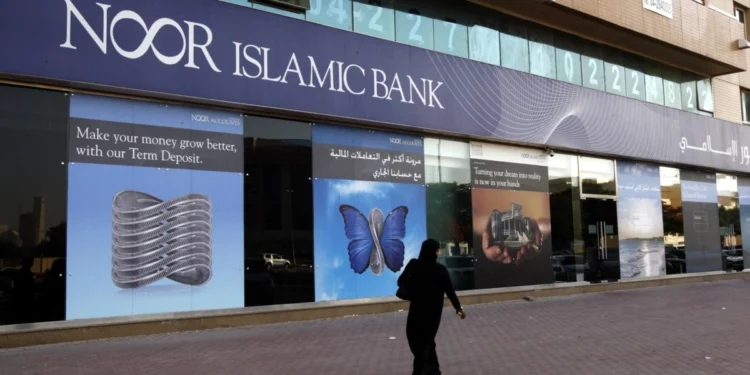Islamic banks increasingly embrace derivatives to mitigate volatility – Fitch
The use of Islamic derivatives is set to grow as the size and complexity of the Islamic finance industry increases globally, although Islamic banks still have far fewer derivatives solutions than conventional banks, Fitch Ratings has said. More than 30% of all Fitch-rated Islamic banks did not use derivatives in 2022, particularly those based in nascent markets.
However, most Fitch-rated Islamic banks and those in mainstream markets including in the GCC, Malaysia, and Turkey offer and use Islamic derivatives for hedging, which Fitch views as supporting their credit profiles. Derivative usage remains important amid rising rates, currency volatilities, and higher commodity prices.
The limited Islamic derivatives usage in nascent markets stems from the small size of Islamic banking in these markets, sharia restrictions, gaps in treasury infrastructure, and human-capital limitations. The conventional derivatives market is also underdeveloped in most Organisation of Islamic Cooperation (OIC) countries.
In April 2022, the over-the-counter (OTC) interest-rate derivatives turnover (daily average) in Saudi Arabia, UAE, Bahrain, Malaysia, Indonesia, Turkey combined was only $10.8 billion, based on Bank for International Settlements data. It geographically stood at less than 1% of global OTC interest-rate derivatives turnover.
In general, sharia supervisory boards (SSBs) of Islamic banks do not permit the use of conventional derivatives. SSBs often restrict Islamic derivatives usage to hedging activities of Islamic banks and their clients only and not for speculative purposes. However, some SSBs permit engagement in arbitrage opportunities that seek to profit from favourable movements in underlying rates, prices, indices, and commodities.
Since Fitch’s last comment in June 2020, the Islamic derivatives market continues to face a lack of new product or regulatory developments. Sharia-compliant derivatives used by Fitch-rated Islamic banks include profit-rate swaps (interest-rate swap alternative), forward foreign-exchange contracts, cross-currency swaps, forward-rate agreements, and options.
Fitch sees these economically mirroring traditional derivative products and helping banks to mitigate risk, in turn benefiting banks’ credit profiles. However, options used by Islamic banks are not tradable, unlike conventional derivatives.
Most Islamic banks do not deploy credit derivatives like credit default swaps, credit options, total return swaps, and derivatives that reference credit spreads, a basket of single-name credit default swaps or a broad-based index. This is in addition to commodity derivatives that reference energy (e.g., oil, natural gas and electricity), metals (e.g., precious and base) and soft commodities (e.g., agricultural).
Most Islamic banks also do not engage in futures, swaptions, and equity derivatives linked to indices, industry sectors, financial measures, and individual company stocks. Islamic alternatives are not fully developed for these conventional products.
Regulatory hurdles also hinder derivatives development. The tawarruq contract – which commonly underpins Islamic derivatives – is not allowed in countries like Oman, Jordan and Morocco and hinders derivatives adoption. Close-out netting legislation has not yet been adopted in key Islamic finance jurisdictions like Saudi Arabia, Kuwait, Oman and Pakistan.
Regulatory adoption of close-out netting legislation would support derivatives market development and could enhance access to international derivatives investors and stakeholders.
High exposures to market risk, which is weakly mitigated or managed, is negative in Fitch’s assessment of an Islamic bank’s standalone creditworthiness, as expressed by its Viability Rating. While derivatives aid risk management, they can also expose banks to counterparty credit, liquidity, currency-basis and operational risks.








